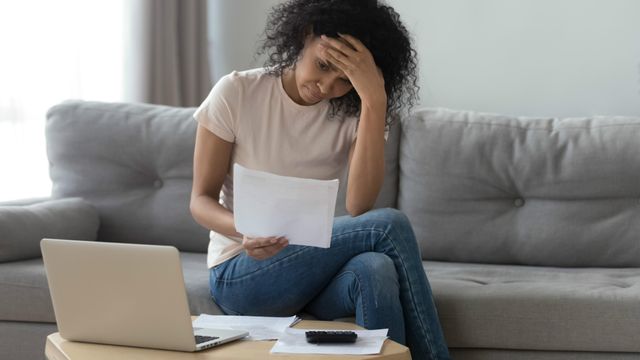Unemployment is up in NC, but bankruptcies are down - so far
The coronavirus pandemic has wreaked havoc on North Carolina's economy, but personal bankruptcies are down statewide so far.
Posted — Updated- The state unemployment rate jumped to 12.9 percent in April as businesses were ordered closed to limit the spread of the virus. As restrictions have eased, the jobless rate fell back to 7.6 percent in June, but that is still double what it was before the pandemic.
- More than 800,000 people statewide have received about $6.1 billion in unemployment benefits, with about two-thirds of that coming from federal benefits that are set to expire at the end of the week.
- More than 1,600 North Carolina companies also obtained anywhere from $150,000 to $10 million through the federal Paycheck Protection Program – another 105,000 received lesser amounts – to keep workers on their payrolls.
"Some restaurants have started to file," she said.
Despite the struggling economy, there hasn't been a spike in consumer bankruptcy cases yet.
"A lot of that has to do with the various federal, state and local government programs that are still helping people get through," Rogers said.
Those programs include the federal mortgage protection program, the Paycheck Protection Program, extended unemployment benefits and the extra $600 a week in unemployment that is set to on Saturday.
One proposal in the Senate would continue the $600-a-week aid package but reduce it based on the unemployment rate in individual states. Protection on federally backed mortgages is also set to expire in September unless lawmakers take action.
Rogers said she hopes people have been smart with their money.
"That [extra unemployment benefit] allowed people to hopefully plan ahead and allow them to stay afloat for a little longer than they otherwise would have been able to do," she said. "What I think we'll see toward the end of 2020 is interest rates will remain low, but credit may become more unavailable or difficult to get, and that's going to push more people into bankruptcy."
With no end in sight for the pandemic, she said people need to look for financial solutions now.
"Don't stick your head in the sand," she said. "Now is the time to make those tough decisions. Now is the time to see if this business model you've been using is working."
• Credits
Copyright 2024 by Capitol Broadcasting Company. All rights reserved. This material may not be published, broadcast, rewritten or redistributed.






